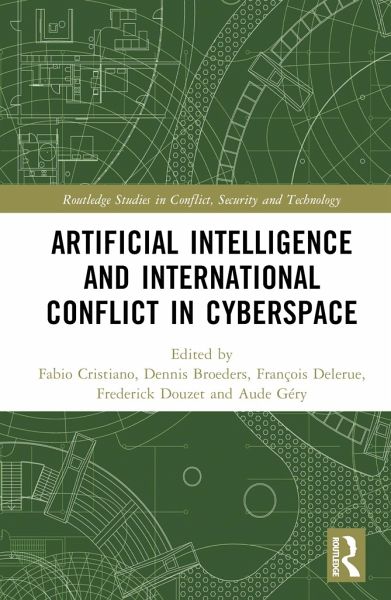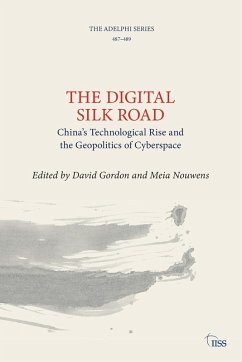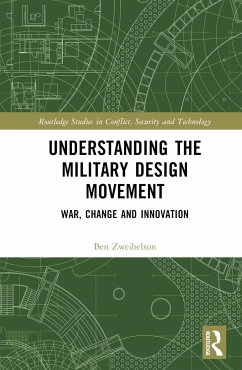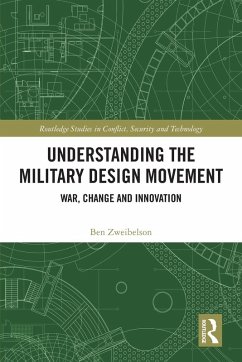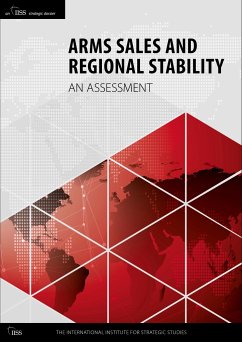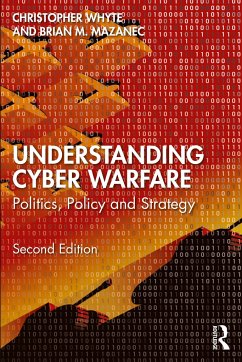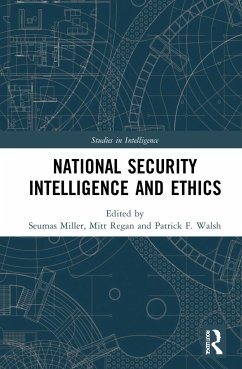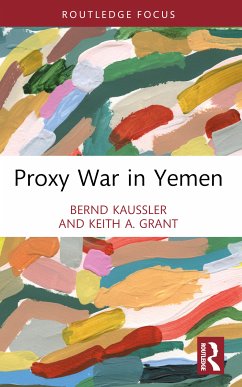Gebundenes Buch
Artificial Intelligence and International Conflict in Cyberspace
Versandkostenfrei!
Versandfertig in 1-2 Wochen
Weitere Ausgaben:

PAYBACK Punkte
86 °P sammeln!




This edited volume explores how artificial intelligence (AI) is transforming international conflict in cyberspace.
Fabio Cristiano is an Assistant Professor of Conflict Studies at Utrecht University, where he teaches in the MA in Conflict Studies & Human Rights and the Minor in Conflict Studies. He is an Associate Fellow of The Hague Program on International Cyber Security at Leiden University and holds a PhD in Political Science from Lund University. Dennis Broeders is a Full Professor of Global Security and Technology at the Institute of Security and Global Affairs (ISGA) of Leiden University, the Netherlands. He is the Senior Fellow of The Hague Program on International Cyber Security and project coordinator at the EU Cyber Direct Program. François Delerue is an Assistant Professor of Law and a member of the Jean Monnet Centre of Excellence for Law and Automation (Lawtomation) at IE University. His book Cyber Operations and International Law was published in 2020. Frédérick Douzet is a Professor of Geopolitics at the University of Paris 8, Director of the French Institute of Geopolitics research team (IFG Lab) and Director of the Center Geopolitics of the Datasphere (GEODE). She has been a senior member of the Institut Universitaire de France since 2022 and a member of the French Defense Ethics Committee since 2020. Aude Géry is a Post-doctoral Fellow at GEODE. She also co-chaired the Committee on Digital Challenges for International Law set up for the 150-year anniversary of the International Law Association.
Produktdetails
- Routledge Studies in Conflict, Security and Technology
- Verlag: Taylor & Francis Ltd
- Seitenzahl: 280
- Erscheinungstermin: 11. Mai 2023
- Englisch
- Abmessung: 240mm x 161mm x 20mm
- Gewicht: 564g
- ISBN-13: 9781032255798
- ISBN-10: 103225579X
- Artikelnr.: 67517053
Herstellerkennzeichnung
Libri GmbH
Europaallee 1
36244 Bad Hersfeld
gpsr@libri.de
Für dieses Produkt wurde noch keine Bewertung abgegeben. Wir würden uns sehr freuen, wenn du die erste Bewertung schreibst!
Eine Bewertung schreiben
Eine Bewertung schreiben
Andere Kunden interessierten sich für




